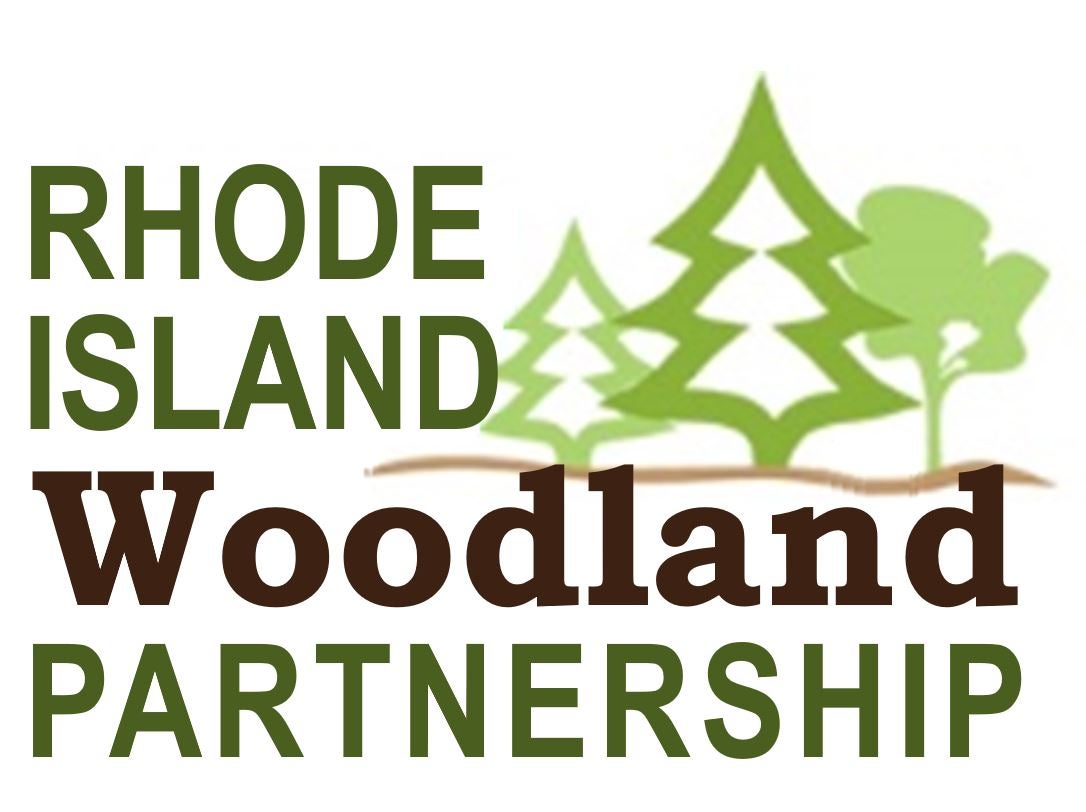What will happen to your assets when you are gone? Thinking about the future of your land can be difficult or even uncomfortable, but it is an essential part of good stewardship. Estate planning can help avoid family conflicts or tax burdens while ensuring the longevity of your woods.
Including your family in the planning stages can ensure that everyone is happy with the outcome of your estate plan. Your goals may not be fully aligned, but compromises are best handled while you are still here. Whether or not you choose to include your family in your planning discussion, it is important to know who will be involved in the plan. A will is a key tool to ensuring the legacy of your land and can be prepared with the help of an attorney.
Because many landowners seek both financial and personal gain from their woodlands, there are a variety of tools and programs to maximize both of these values. While forest management alone can provide an income for the landowner, financial assistance may still be necessary to minimize tax burdens or ensure conservation over the long run. See below for different types of land professionals, or visit Programs that Support Landowners for more support.
- Service forester: Free tips and information
- Estate planning attorney: Prepare a will for future ownership
- Financial planner: Determine economic considerations for stewardship
- Tax attorney: Minimize your property taxes
- Appraiser: Determine the value of your assets
- Forester: Prepare a plan for future management or provide information about landowner incentive programs
- Land trust/Conservation organization: Conserve your land in perpetuity
Land trusts can help you to conserve your land in perpetuity, which is an essential step to fighting forest fragmentation. Whether you choose to act now or include conservation plans into your will, these land professionals can make it work for you.
Learn more about land trusts and conservation easements.
Protecting your Legacy: A Rhode Island landowner’s guide to conservation-based estate planning (PDF publication available for download)






